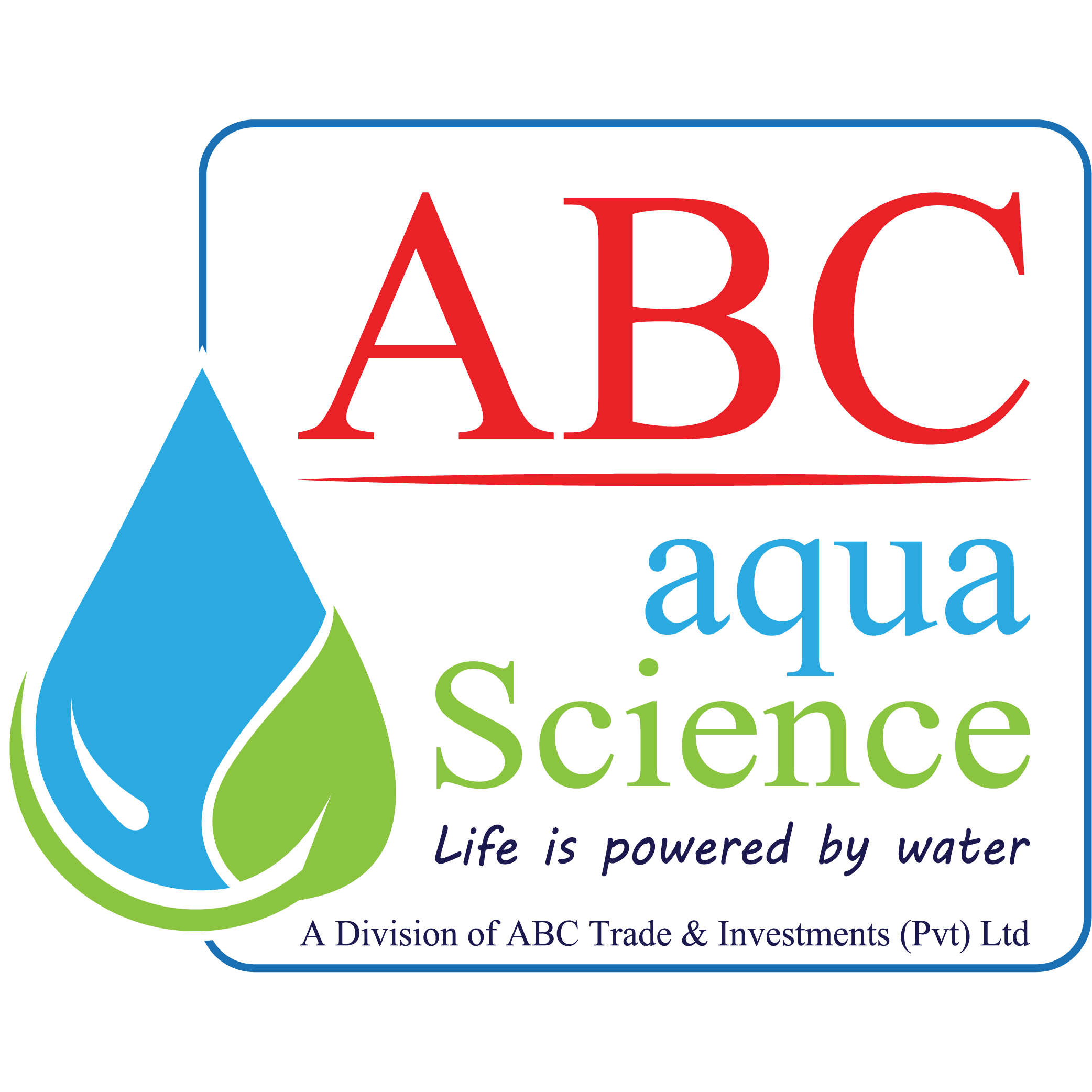Introduction
Water is the lifeblood of our planet, essential for all living organisms and vital for sustaining ecosystems, agriculture, industry, and human life. However, as the global population continues to grow and climate change disrupts traditional weather patterns, water resources management is facing an array of challenges. In this blog, we will delve into the current and future challenges for water resources management and explore potential solutions to ensure a sustainable water future.
Current Challenges
- Water Scarcity: Many regions around the world are already facing water scarcity issues. Increased demand for water, driven by population growth and industrialization, has resulted in over-extraction of groundwater and the depletion of surface water sources. Climate change exacerbates this problem by altering precipitation patterns and increasing evaporation rates.
- Pollution: Water pollution from industrial, agricultural, and domestic sources threatens the quality of available water resources. Contaminants such as chemicals, heavy metals, and pathogens can make water unsafe for consumption and harm aquatic ecosystems. Managing and mitigating pollution is a significant challenge.
- Aging Infrastructure: In many developed countries, water infrastructure is aging and in need of significant investment and maintenance. Leaking pipes and outdated treatment facilities result in water losses and compromised water quality.
- Water-Energy Nexus: Energy production relies heavily on water, and water treatment consumes a substantial amount of energy. This interdependence poses challenges in optimizing resource use and minimizing environmental impacts.
Future Challenges
- Climate Change: The most pressing future challenge is climate change. Rising temperatures, altered precipitation patterns, and increased frequency of extreme weather events can disrupt the availability and distribution of water resources. Adaptation strategies are essential to manage these changes effectively.
- Population Growth: The global population is expected to continue growing, putting more pressure on already stressed water resources. Ensuring equitable access to clean water for all while meeting increased demand is a complex challenge.
- Ecosystem Health: Water resources management must also consider the health of aquatic ecosystems. Balancing human needs with the ecological requirements of rivers, lakes, and wetlands is essential to maintain biodiversity and ecosystem services.
- Technological Advancements: While technology can help address challenges, it can also present new ones. For instance, desalination technology can provide freshwater in arid regions, but it has environmental and energy implications that must be carefully managed.
Potential Solutions
- Efficient Water Use: Promoting water-efficient technologies and practices in agriculture, industry, and households can help reduce water demand. Improved irrigation techniques, wastewater recycling, and reduced water-intensive crops are some examples.
- Infrastructure Investment: Governments and private entities should invest in upgrading and maintaining water infrastructure to reduce losses and improve water quality. This includes repairing leaking pipes, modernizing treatment plants, and implementing smart water management systems.
- Water Policy and Governance: Robust water governance frameworks, clear policies, and effective regulations are crucial for equitable and sustainable water management. Collaboration among stakeholders, including governments, communities, and industries, is vital.
- Climate Resilience: Developing and implementing climate-resilient water management strategies is essential. This includes diversifying water sources, enhancing water storage capacity, and planning for extreme weather events.
- Education and Awareness: Public awareness and education campaigns can encourage responsible water use and pollution prevention. Citizens’ understanding of their role in water conservation is pivotal.
- International Perspective: Highlight the global nature of water challenges. Discuss how these issues transcend borders and require international cooperation, especially when dealing with shared water bodies and transboundary rivers.
- Innovative Technologies: Expand on technological advancements by mentioning emerging technologies like artificial intelligence and remote sensing, which are being used for more efficient water monitoring and management.
- Community Engagement: Stress the role of local communities in water management. Engaging and empowering communities in decision-making processes can lead to more sustainable and equitable outcomes.
- Resilience and Adaptation: Discuss the importance of building resilience in water systems. This includes not only adapting to climate change but also anticipating and preparing for potential crises.
- Global Initiatives: Mention international organizations like the United Nations and their initiatives related to water sustainability, such as the Sustainable Development Goal 6 (SDG 6) on clean water and sanitation.
- Monitoring and Data: Emphasize the significance of data collection and monitoring in making informed decisions. Accessible, accurate, and up-to-date data are crucial for effective water management.
Conclusion Water resources management faces an array of current and future challenges, from water scarcity and pollution to climate change and population growth. Addressing these challenges requires a multidisciplinary approach involving governments, industries, communities, and individuals. By adopting efficient practices, investing in infrastructure, and prioritizing sustainability, we can ensure that future generations inherit a world with access to clean and abundant water resources. The time to act is now, as the health of our planet and the well-being of its inhabitants depend on it.


You must be logged in to post a comment.